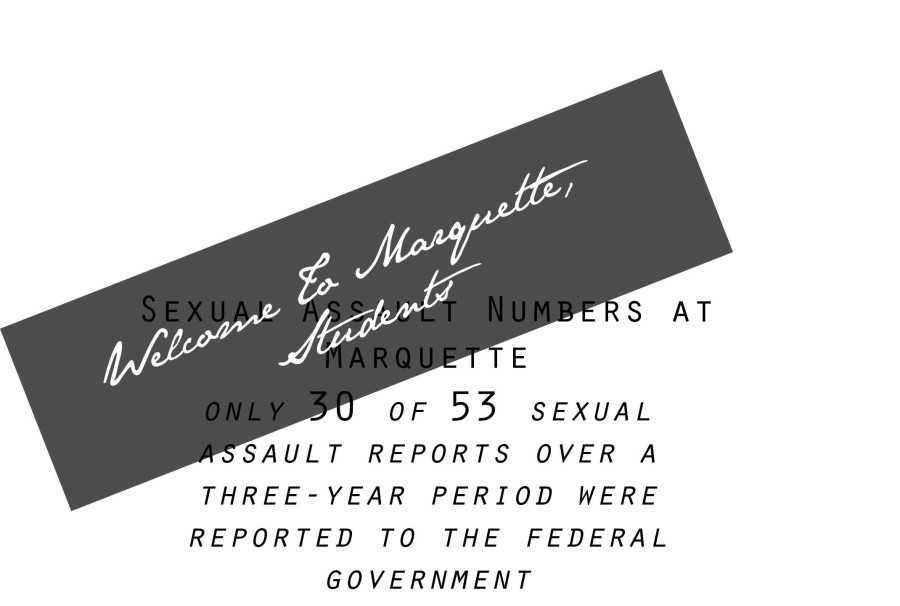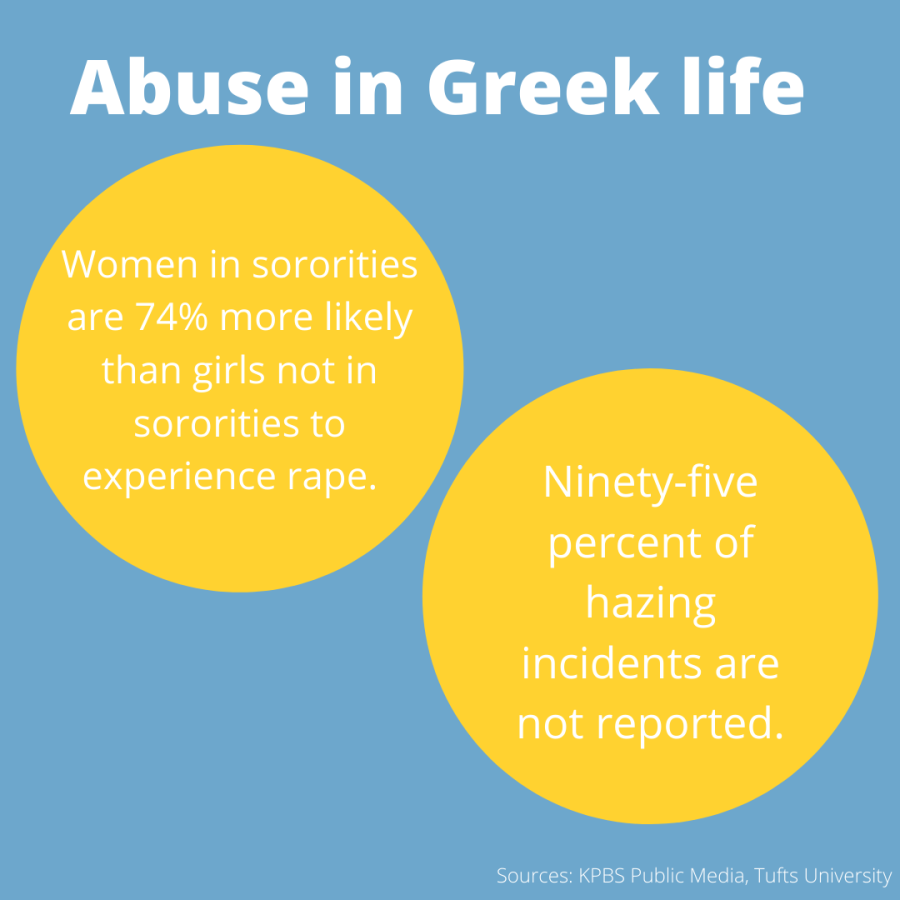
The Department of Student Affairs and the Interfraternity Council are investigating a reported sexual assault at the Triangle Fraternity from April and a hazing incident at a fraternity reported Thursday.
Although there are no additional details available on the sexual assault, the hazing incident may lead to disciplinary action, such as suspension for the unnamed fraternity. The alleged incident was reported by an employee to have taken place some time between Jan. 1 and April 9.
Russell Shaw, the interim director for Department of Public Safety, said hazing is a serious offense.
“Hazing is actually classified as a crime … but there are different factors to every hazing situation,” Shaw said. “They usually have to deal with alcohol or something that could become dangerous or involves dangerous activities. In most cases, I guess you could say the victims don’t come forward to us, we usually get them from student affairs.”
Before suspension, fraternities have the ability to appeal the decisions. Suspension and probation are outcomes that could occur from a student conduct hearing, but specific incidents and violations are not made public because student conduct hearings are confidential.
In February of 2012, six fraternities were placed on probation through the fall 2012 semester for alcohol-related violations. The fraternities were placed under social probation, meaning the fraternities could have no social events involving alcohol.
Alex Landry, the president of IFC at Marquette, said in an email both Marquette and IFC do not tolerate hazing.
“The relationship statement between IFC and Marquette University has a zero-tolerance policy on any kind of activity involving hazing, sexual harassment or abuse,” Landry said.
According to Marquette’s Greek Life risk management policy, all house parties must be registered with the IFC judicial vice presidents when a number of conditions are present. These conditions include if two or more chapters host or sponsor the event, if alcohol is present, and if information about the event was distributed through chapter communication methods.
The Greek Life risk management policy defines hazing by putting it into several categories. This includes morally degrading or humiliating activities, the creation of fatigue, physical or psychological shocks, servitude, verbal abuse and activities which “would disrupt public order or tend to bring the fraternity into disrepute in the local community.”
Shaw said hazing incidents are often seen as a right of passage, but nonetheless can have dire consequences.
“Incidents (at other universities) have happened in the past that involved loss of life,” Shaw said.
The Marquette student organization handbook’s fraternity and sorority information, under the heading “Peer Review Board,” reads, “These boards, comprised of Marquette University students in IFC and Panhellenic organizations, adjudicate disciplinary matters associated with fraternity and sorority chapters. The Greek community recognizes that Marquette University has the authority to intercede in disciplinary matters if it is deemed necessary by university administration.”









